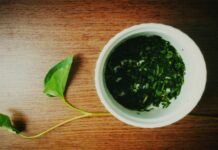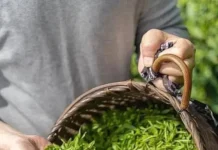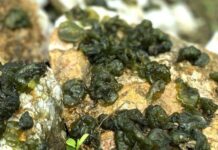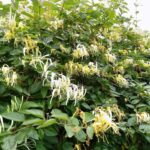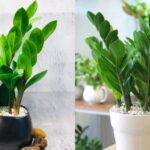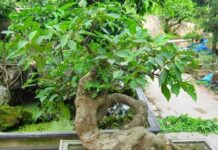The following lucky plants are compatible with the Wood element, bringing good fortune and prosperity:
1. Fishtail Palm
The Fishtail Palm purifies the air and brings positive Feng Shui energy to those with the Wood element in their Chinese zodiac.
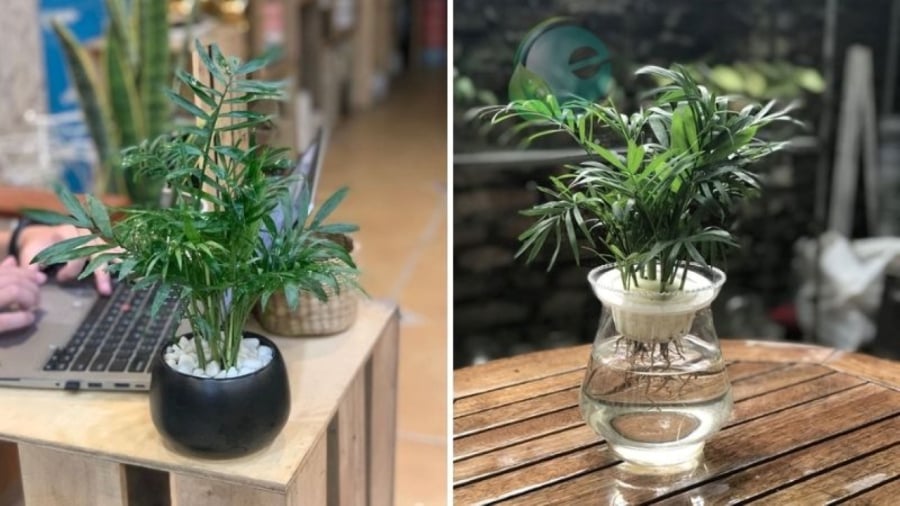
Fishtail Palm
Green Ardisia holds Feng Shui benefits for the Wood element and also repels insects, creating a comfortable and relaxing living space.
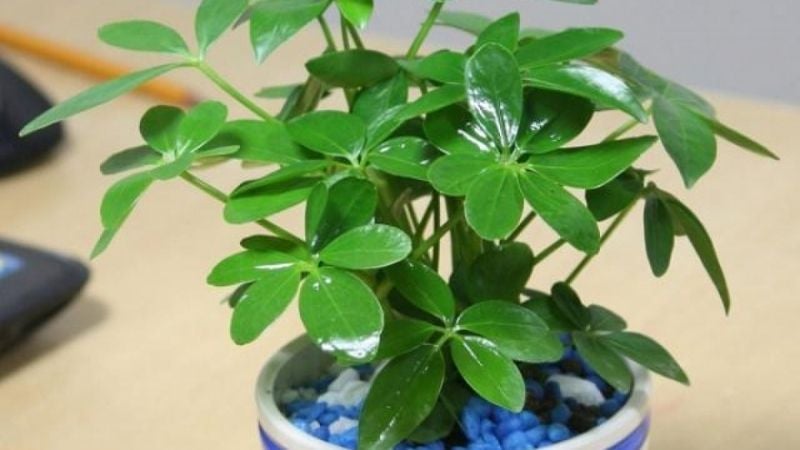
Green Ardisia
With its small stature, the Money Tree Plant is ideal for a desk. Its lush green leaves bring good fortune to those with the Wood element in their zodiac sign.
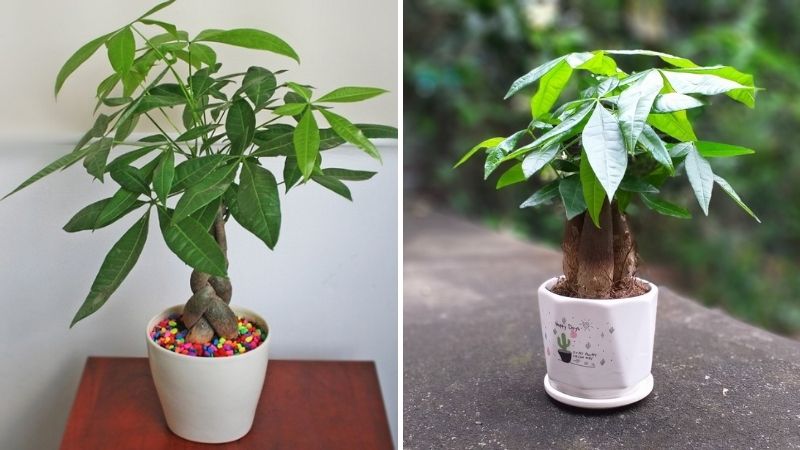
Money Tree Plant
4. Fragrant Camphor
Fragrant Camphor brings good luck to the career paths of those with the Wood element, attracting support and advancement.
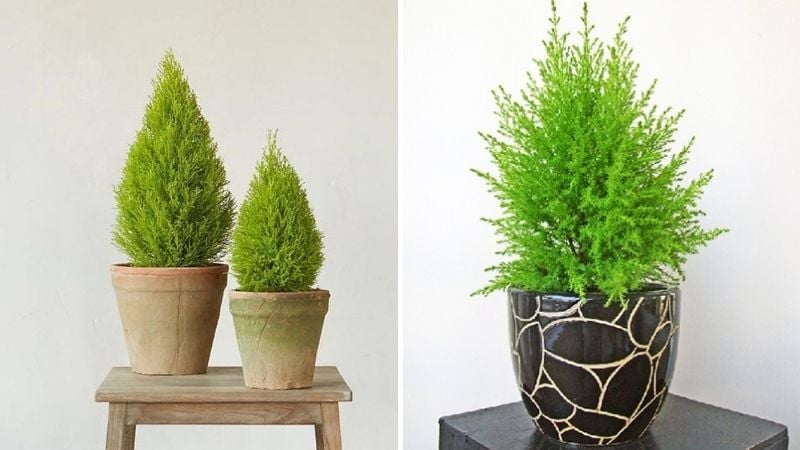
Fragrant Camphor
5. Singapore Cherry
The Singapore Cherry tree symbolizes hard work, maturity, and stability, making it a perfect indoor or desk plant for those with the Wood element.
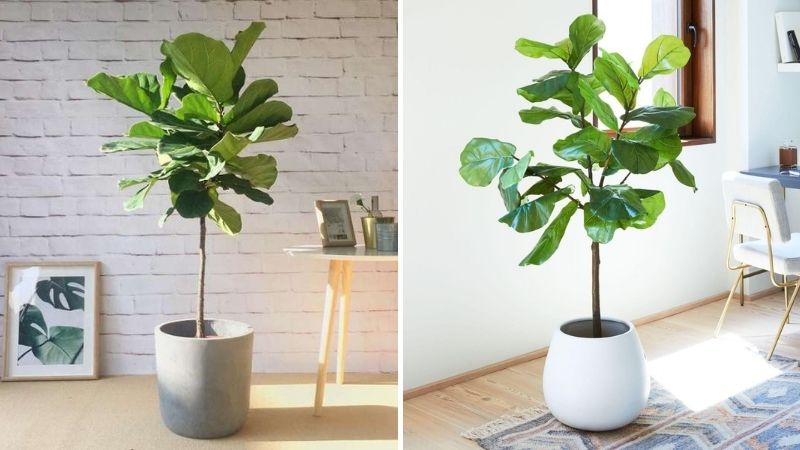
Singapore Cherry
6. Green Empress
This plant filters the air of pollutants and, in Feng Shui, is believed to ward off evil spirits and negative energy, creating a more comfortable living environment.
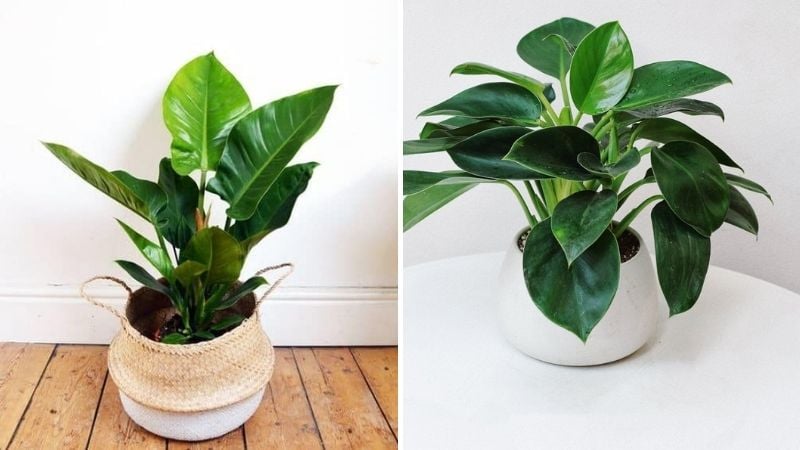
Green Empress
7. Money Tree
As the name suggests, the Money Tree brings abundance and prosperity. For those with the Wood element, this plant attracts a life of sufficiency and good fortune.
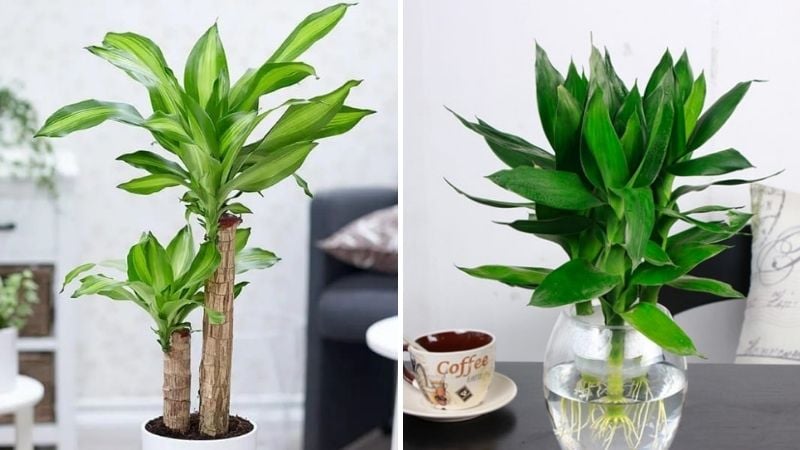
Information in this article is for reference only and not to be taken as absolute truth.
‘Money Tree’: Plant This Tree in Front of Your House and Watch Your Wealth Grow Like Never Before
This is a highly popular plant, beloved by many and commonly found in homes and offices alike. With its vibrant green leaves and sturdy stems, it’s a hardy and attractive addition to any indoor space. Its popularity is due in part to its low maintenance needs and ability to thrive in a range of environments, bringing a touch of nature and a pop of color to any room.
The Ancient Wisdom: Unveiling the Trees of Misfortune.
The five types of trees that are considered inauspicious to plant in residential areas due to traditional beliefs and feng shui principles are the mulberry, pear, pine, cypress, and “phat loc” (a type of tree believed to bring wealth and prosperity in Vietnamese culture). These trees are believed to bring bad luck or negative energy to the household, according to ancient superstitions. However, it is important to note that these beliefs may vary across different cultures and regions.


